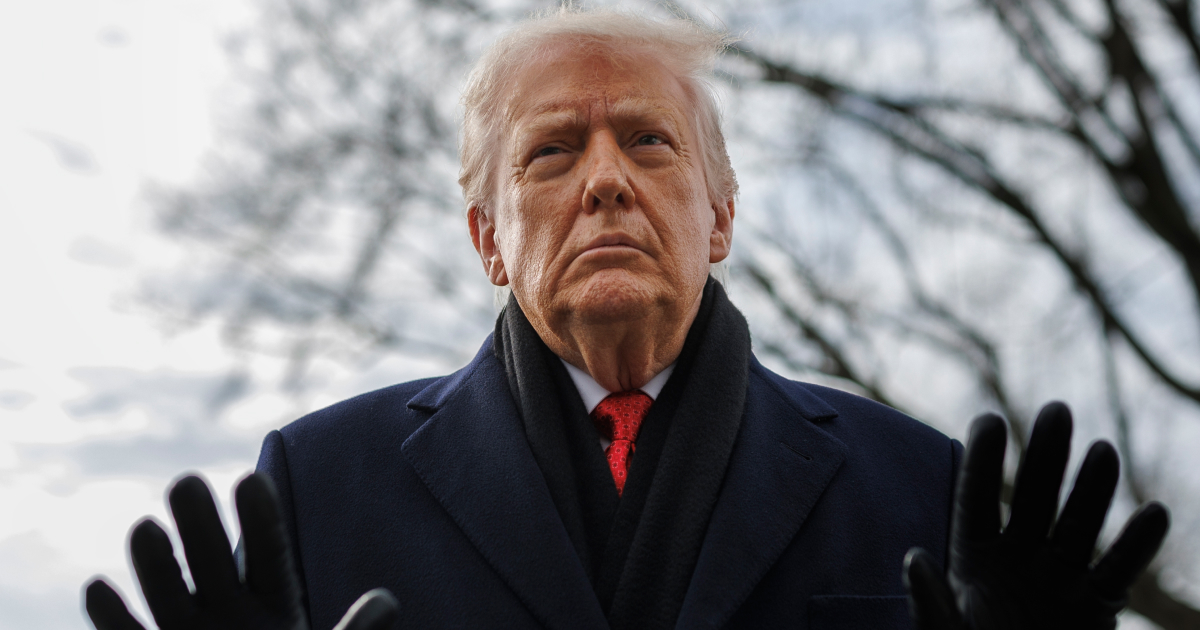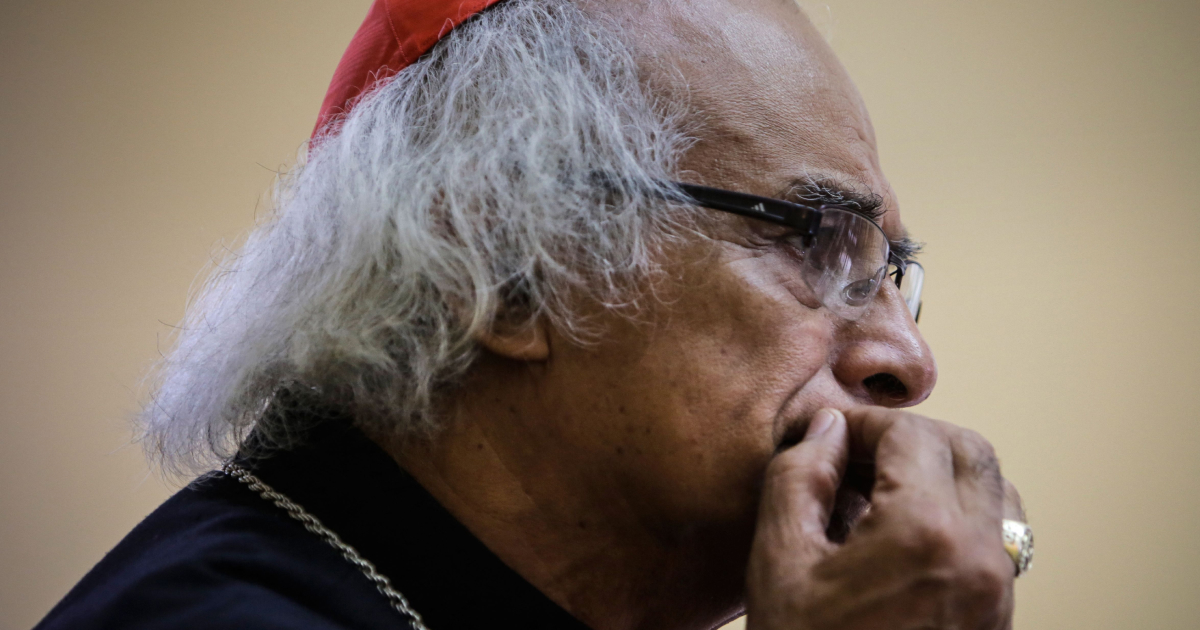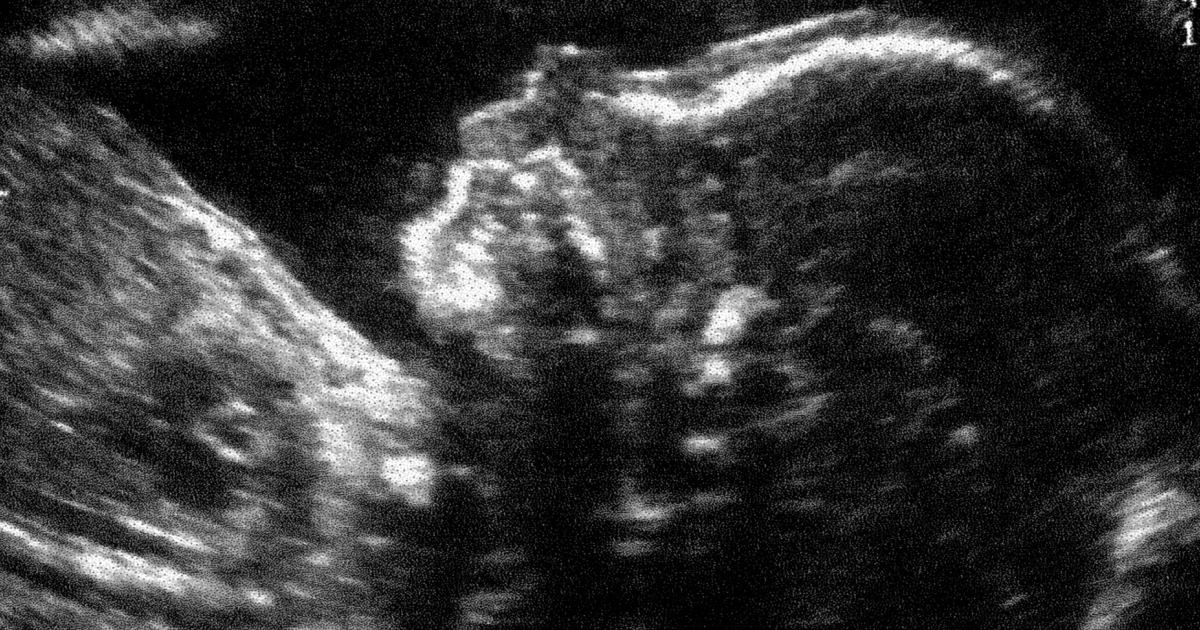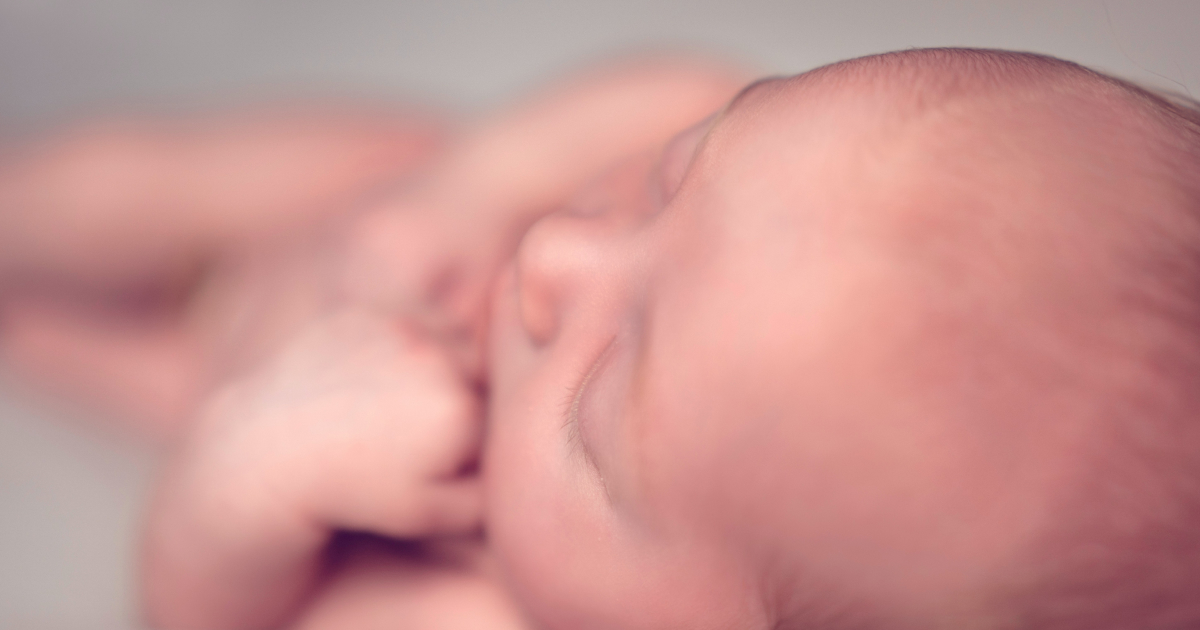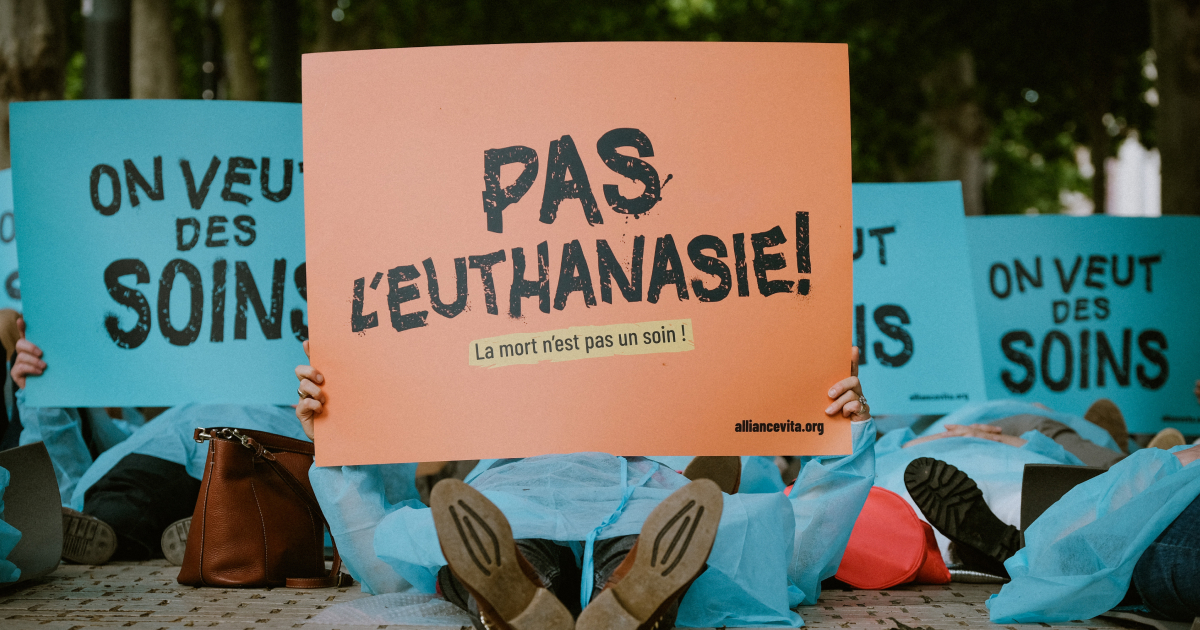The Archbishop of Armagh and Primate of All Ireland, Dr Eamon Martin, has said that he is in favour of a united Ireland, while also addressing problems with how the State treats and interacts with the Catholic Church on social matters.
In an interview with the Irish Mail on Sunday, 31 August, Archbishop Martin made clear that the Church would not take sides in any future poll on a united Ireland. But he was also clear where he stood – he himself was born in Derry.
Asked directly if he supports a united Ireland, he replied: "Yes. I think it really will be very interesting to see how the discussion surrounding a border poll and a shared Ireland actually continues over the course of the next five to 10 years."
He continued: "I think the Catholic Church, and indeed all of the churches on this island ... would want to play our part in these conversations and discussions and dialogue in order to perhaps encourage reflection on what is their actual vision for an Ireland of a united Ireland? What will its values be, what’s its vision?
"And I think the churches and indeed other voluntary groups and community groups have not really yet become hugely involved in this discussion.”
The archbishop also was clear that violence could never be justified in pursuit of unity – he lived through the Troubles in Northern Ireland – while he felt that the Church should necessarily be involved in discussions over the issue.
“I don’t think we’ll take a back seat”, he said. “Because ... well, first of all, our membership will be voting in a border poll.
"It’ll be very interesting to see how the issues of identity work out in a border poll. Will [it] be simply as straightforward [as] Catholics will vote yes; Protestants will vote no? I think that we have had in recent elections north of the border the emergence of this middle ground, perhaps not hugely, but it is there where people are saying, 'Well, what do we want of a shared Island?'
"I can’t imagine the Catholic Church saying you must vote one way or the other, but they will probably want to examine the issues and be part of the conversation."
There is at present no immediate plan for a referendum on Irish unity, and polls suggest that a majority in Northern Ireland would vote to remain in the United Kingdom, but the demographic shift in recent years to a Catholic majority in Northern Ireland has re-opened the question.
The Brexit referendum, in which a majority in Northern Ireland voted to remain in the EU, has also altered the debate.
The archbishop – who is Primate of All Ireland; as is the case, he pointed out, with other denominations such as the Presbyterian Church and the Church of Ireland, which are organised on an all-Ireland basis – also touched on the estrangement between the Church and the Irish government in recent years.
He blamed this state of affairs squarely on the abuse scandals. But he was struck that the Church was not invited to take part in the government’s review of the Covid provisions, which notably included church funerals.
The occasional meeting (with one happening to be planned for tomorrow, 1 September) between the Church and the government, as provided by EU Article 17 – requiring governments to engage with churches and faith groups – is given little attention by ministers.
Furthermore, the archbishop made clear that the secularisation of Ireland had diminished national debate on issues such as immigration, housing and abortion:
“We’re now at the situation, as reported in June, that it’s now one in six conceptions are ending in abortion, and that has to be an issue of concern. If one in six children or little ones are no longer at school, I do feel there has been a lack of discussion and debate on this issue, similarly, on the issue of assisted dying, and issues of the dignity of human life.
"I think I’ve said before that I think public debate and policy is impoverished if it doesn’t have the voices of faith. But equally, so is our discourse. Our discourse as a Church is impoverished if we don’t have that opportunity to engage.
"This might be an issue, not just for the churches, but for all of civil society to be able to contribute, because that’s where you get this breakdown between Church and State, which we see at election time, people not voting, people not participating in referenda.
"If we don’t work on democracy, something else, like social media or a more populist approach will take over."
Photo: Then Prince Charles, Prince of Wales, with Archbishop Eamon Martin (left) and Archbishop Richard Clarke during a visit to St Patrick's Catholic Grammar School, on the second day of the then Prince of Wales's visit to Northern Ireland, Armagh, Northern Ireland, 22 May 2019. (Photo by Joe Giddens/WPA Pool/Getty Images.)





.jpg)



